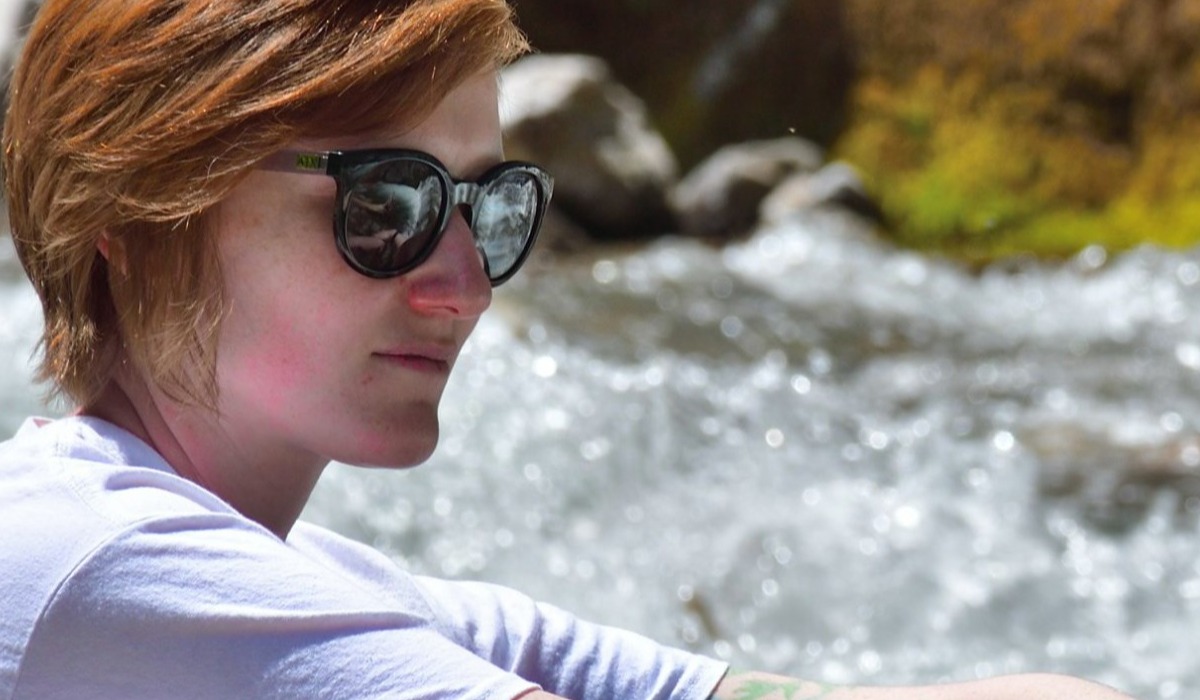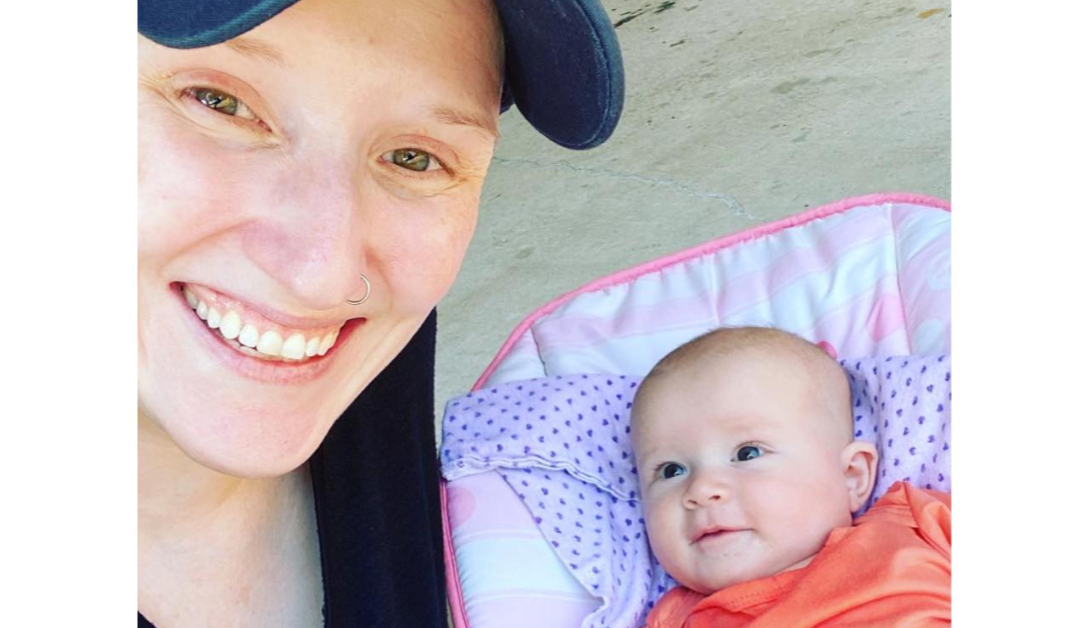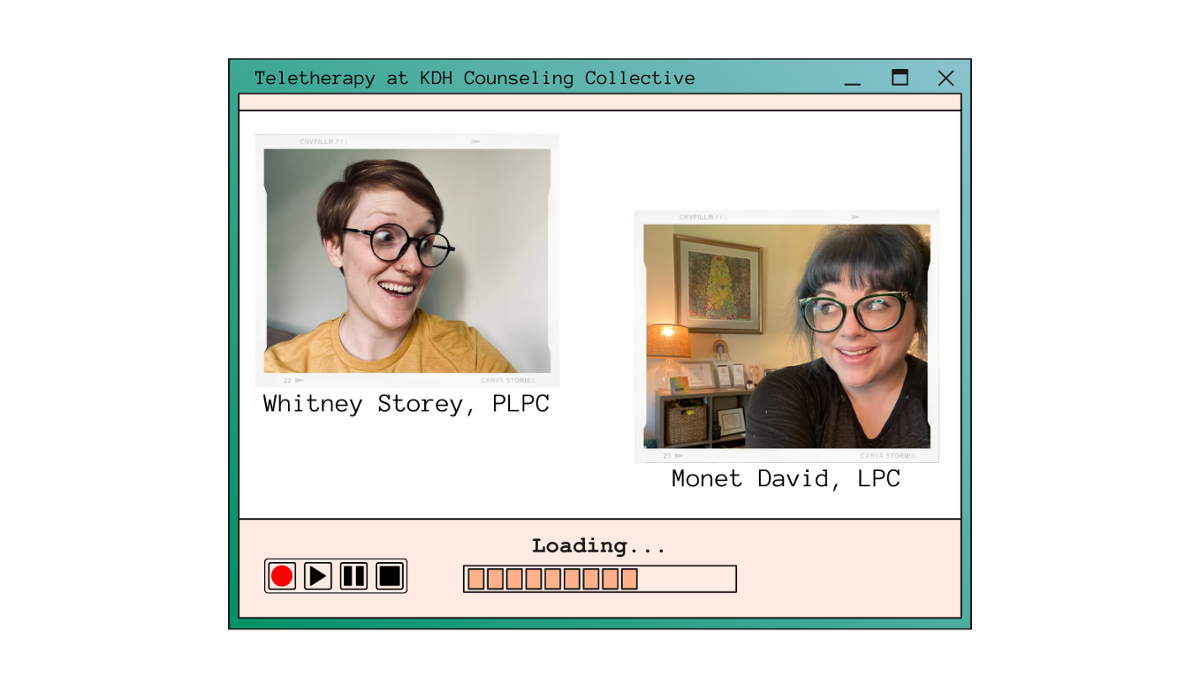Rest as Rebellion
Folks who know me are well aware (and dare I say, tickled) at the way I am able to walk a very fine line between being rigidly rule-governed and, at...

I love that as a culture we are embracing the idea that "it's okay to not be okay." It's so accepting and welcoming of folks with all kinds of struggles and has reduced the stigma around seeking help. But, can I be honest with you for a second? Sometimes when I think "it's okay to not be okay," I find myself meaning it only for other people. It's okay for other people to not be okay. Not me. And I have a hunch I might not be the only one.
I could go in to a lot of explanation of psychological concepts to explain why some of us are so hard on ourselves, and the brain functions involved in this process, but what I think is most important to consider when it comes to this topic is the potential costs.
When we tell someone that it's okay for them to open up about their insecurities, imperfections, and pain and then refuse to allow ourselves to be seen as fully flawed humans, people trust us less. It's the age-old "actions speak louder than words" conundrum. When we see someone who appears to have it all together, they become someone who is unsafe. We feel pressure to also have it all together because of their projected perfection. At worst, we don't believe what they are telling us about vulnerability, and this makes them someone we can't trust in times of trouble.
I think of my children with this one. If I tell my children that it's okay for them to feel sadness and anger, but they never see me express my own sadness or anger (or they see me punishing myself for having sadness and anger), several things can happen:
Depriving ourselves of empathy and compassion prevents others from seeing us as a safe person and learning how to "not be OK" (by the way, therapists can be some of the worst at this as we have a tendency to propagate the idea that perfection is possible).
If you're willing to agree to these likely costs of refusing yourself the same empathy and support that you offer other folks, then it's here where the real work begins. In order to begin to move into a new healthy way of interacting with yourself you must put yourself between a rock and a hard place.
In order to learn how to allow ourselves to be okay with not being okay, we must:
Reaching out to and relying on friends and family can be very helpful when we are ready to get down to the root of being "not okay," but reaching out to a mental health professional can be a better choice. Friends and family are often related, in some way, to the struggles we are dealing with. They have a stake in what is happening and have opinions about how "better" looks.
If you could use the support of someone who is on your side and invested in allowing you to be exactly you in the therapy room, please know that you have a welcome place with me.

Folks who know me are well aware (and dare I say, tickled) at the way I am able to walk a very fine line between being rigidly rule-governed and, at...

Humans are natural story tellers. We have long histories of using stories as a way to explain the unexplainable, to teach and guide our children, and...

The COVID-19 pandemic really turned the mental health world on its head. Not only have rates of mental health issues increased, but therapy...